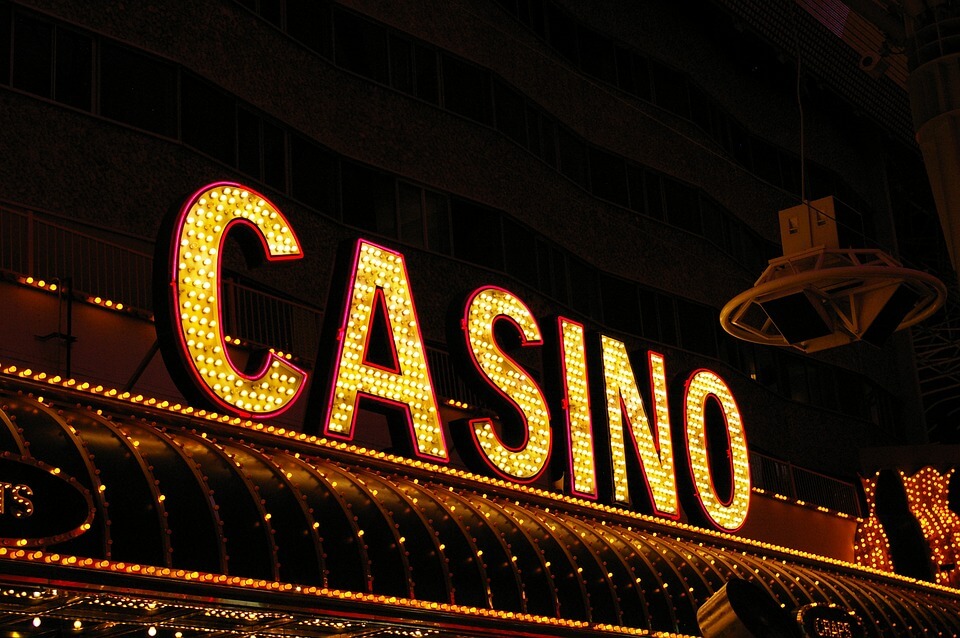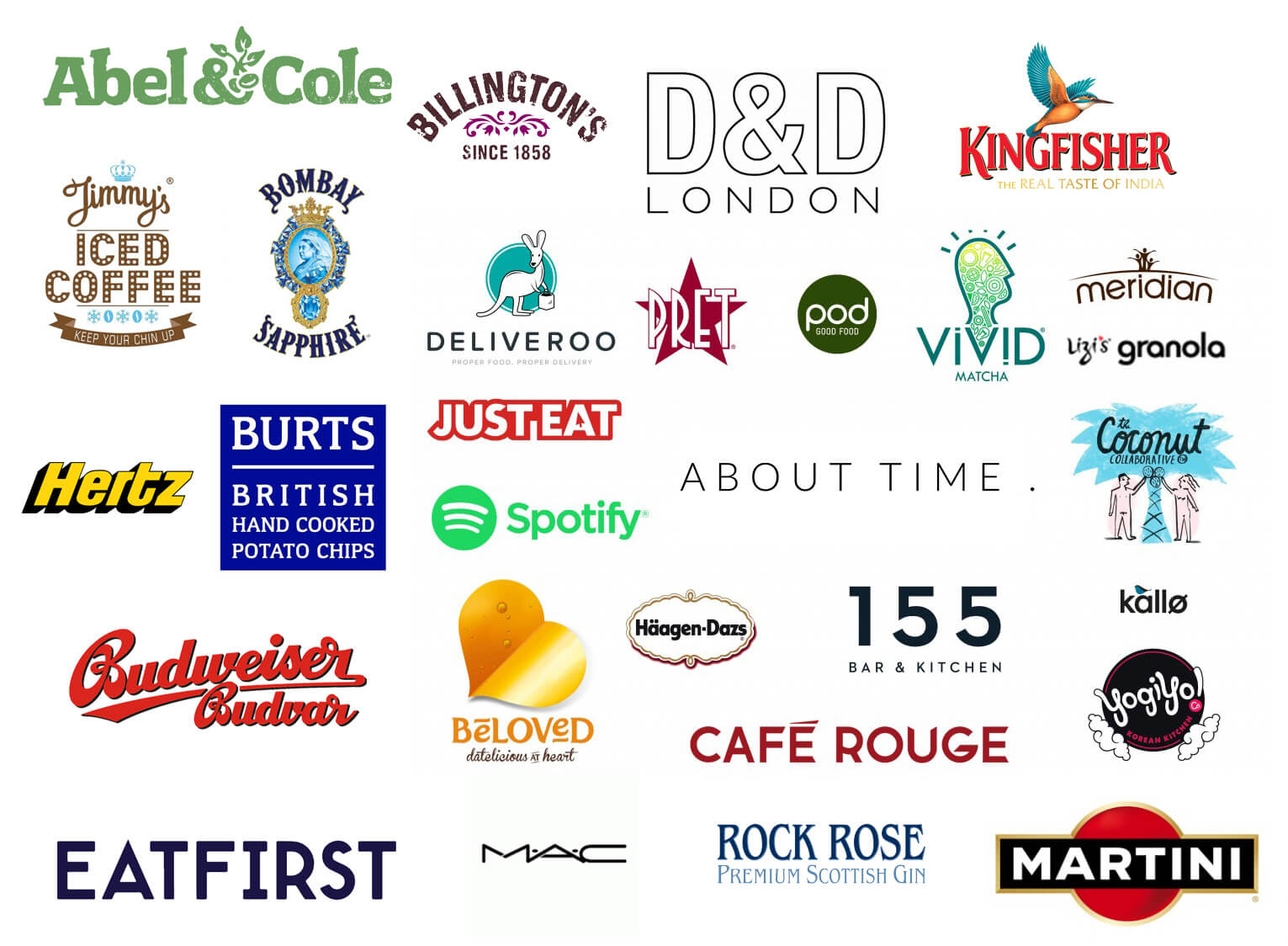What makes bingo so popular in the United Kingdom?By Angelica Malin
Britain has had a long love affair with bingo, stretching back much further than when it was officially legalised as a gambling act in 1960. In the century prior to that pivotal moment bingo was enjoyed by hundreds of thousands of people throughout the country at charitable fund raising events.
Towards the end of the millennium however bingo’s power to draw in the crowds was on the wane. Bingo halls were closing on a weekly basis and the number of halls dropped from the thousands to just under 400 in 2014.
Many industry experts forlornly signalled the ‘death of bingo’, but new life was breathed into the ailing format with it now regaining its former popularity. But how has bingo gone from the brink of disaster to the height of its current popularity? Read on to find out.
Internet Gambling – The Saviour

For almost 4 decades bingo was one of the most popular past times in the UK with staggering participation numbers of 14 million in 1963. Gradually the ball game began to decrease in popularity, with less and less people playing the game as the years went by.
The reasons for this steep decline in playing numbers was attributed to a myriad of factors, but one clear failure of the bingo industry was its unwillingness to adapt. Instead of adapting to changing demographics and consumer trends, bingo steadfastly stuck to what had made it popular in the early 1960s.
That was until internet bingo sites began to pop up and the game underwent a facelift that ultimately revived the game, boosting player numbers to 3.5 million last year after an all-time low of 1.5 million in the mid-2000s.
Moving to the internet is all well and good, but it took more than just a change in platform delivery to make bingo relevant again. Here’s how the savvy marketers behind online bingo spearheaded the game’s revival.
Bingo Affiliates
The internet represented a new world of marketing and advertising to the traditional methods employed prior to its inception. Traditional adverts are still effective and lucrative for companies, but a popular new way of attracting customers is through affiliate links.
UK bingo sites coupled up with affiliate sites like Bingoport appeal directly to their target demographic. Bingoport regularly feature review of specific bingo sites or new bingo games.
In doing this the online bingo company is able to directly reach a group of people that are already interested in the game. The review sites are able to turn a profit from this as they charge the bingo site to feature on their site, but they are also able to inform their readers of the best providers on the internet.
Traditional Media Adverts
During the late 2000s when bingo was the main focus of an advertising campaign traditional media outlets such as TV and radio stations were the target of online bingo’s intentions. Adverts featuring celebrity bingo endorsements soon became the norm for British viewers and listeners.
Key to the advertising campaign was the rebranding of bingo, which was previously viewed as a stuffy game played by pensioners. Through these concerted advertising campaigns bingo was marketed as a trendy, cool game played by a much younger demographic of men and women.
On the go play
Bingo halls were once a key part of any local community, but less and less people are going visiting them in the modern day. The smoking ban has been cited as the final nail in the coffin of bingo halls, with less and less appearing on the British high street since 2005.
However one of the biggest reasons behind the closure of bingo halls was the change in consumer trends. The average bingo player today does not want to spend hours on end sat in a bingo hall, hanging on the every word of the bingo caller.
Instead players want to enjoy bingo on the go, whenever and wherever they want. The average person in the UK spends 2 hours and 49 minutes a day on their phone, with teens spending double that time on their mobile.
People now demand greater accessibility from their pastimes and the move by internet bingo companies to produce top quality apps has been key in bingo’s rising popularity. Bingo has ditched its usual demographic of pensioners in favour of a younger and more affluent demographic.
Anyone wanting to play bingo on their phone now has the pick of a plethora of high performing apps, which they can access at the touch of a button.
Bingo Hall Revivals
Almost every town and city in the UK is home to an abandoned bingo hall, marking the landscape as a reminder to the glory days of the game. Industry statistics show that more and more purpose built bingo halls are closing every year.
The rise in online bingo is obviously a big factor in this, but there is one small section of physical bingo that is thriving – drag bingo. Originally started in Seattle as a way to raise money for AIDS charities, drag bingo is now a regular feature at many pubs and clubs up and down the country.
Fusty old bingo callers have been replaced by sequin clad, glamorous drag queens who inject fun and frivolity into the game. Instead of being held in traditional bingo halls, these nights are often hosted by bars looking for new ways to attract customers.
Drag bingo has been an enormous success, not only attracting bingo lovers but also those that would previously have never thought of playing the game. Trends show that its popularity is on the rise, indicating that it could be another unexpected saviour of bingo.
What is for sure however that bingo has changed completely in the past decade, and that the people of the UK love it!


